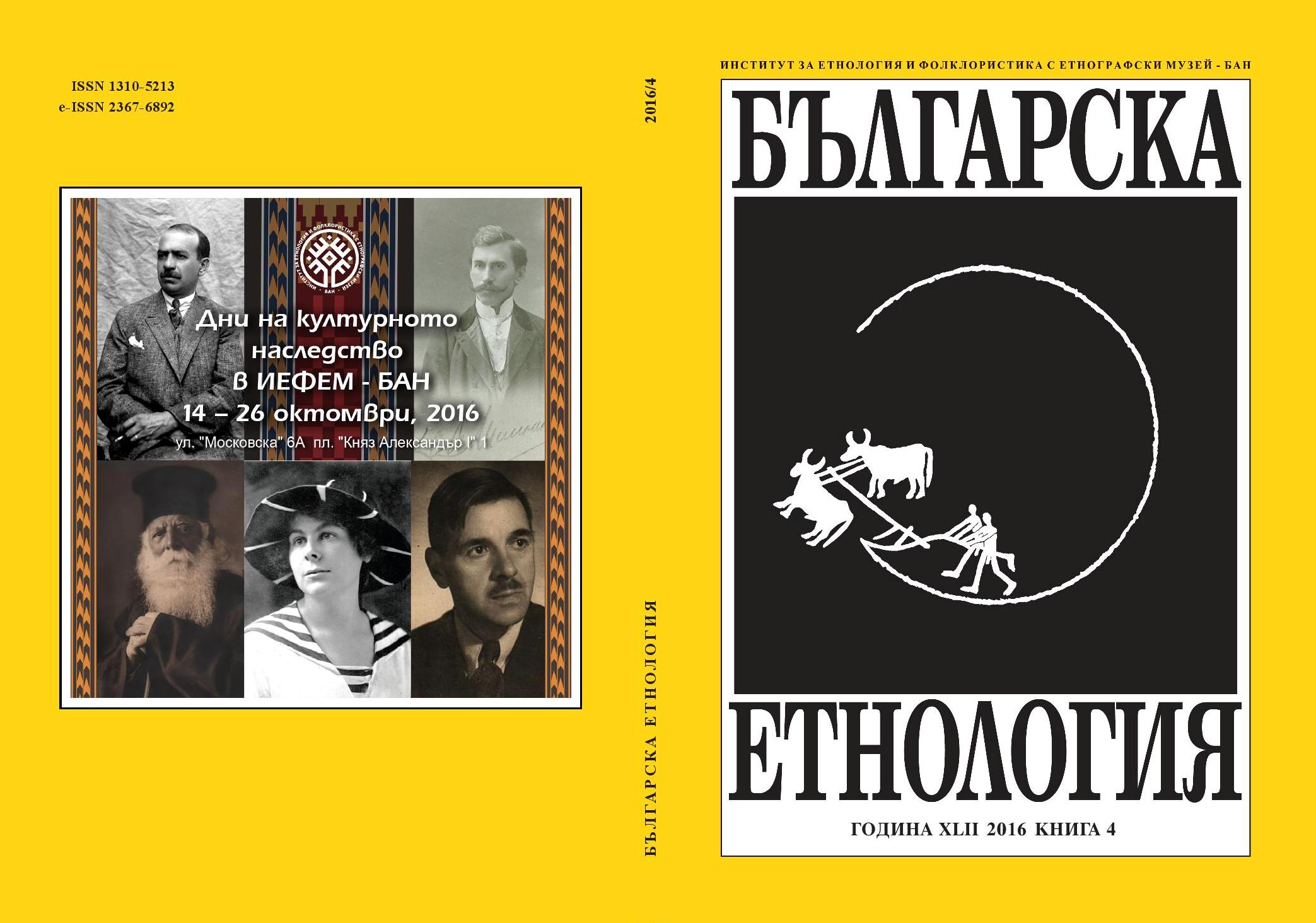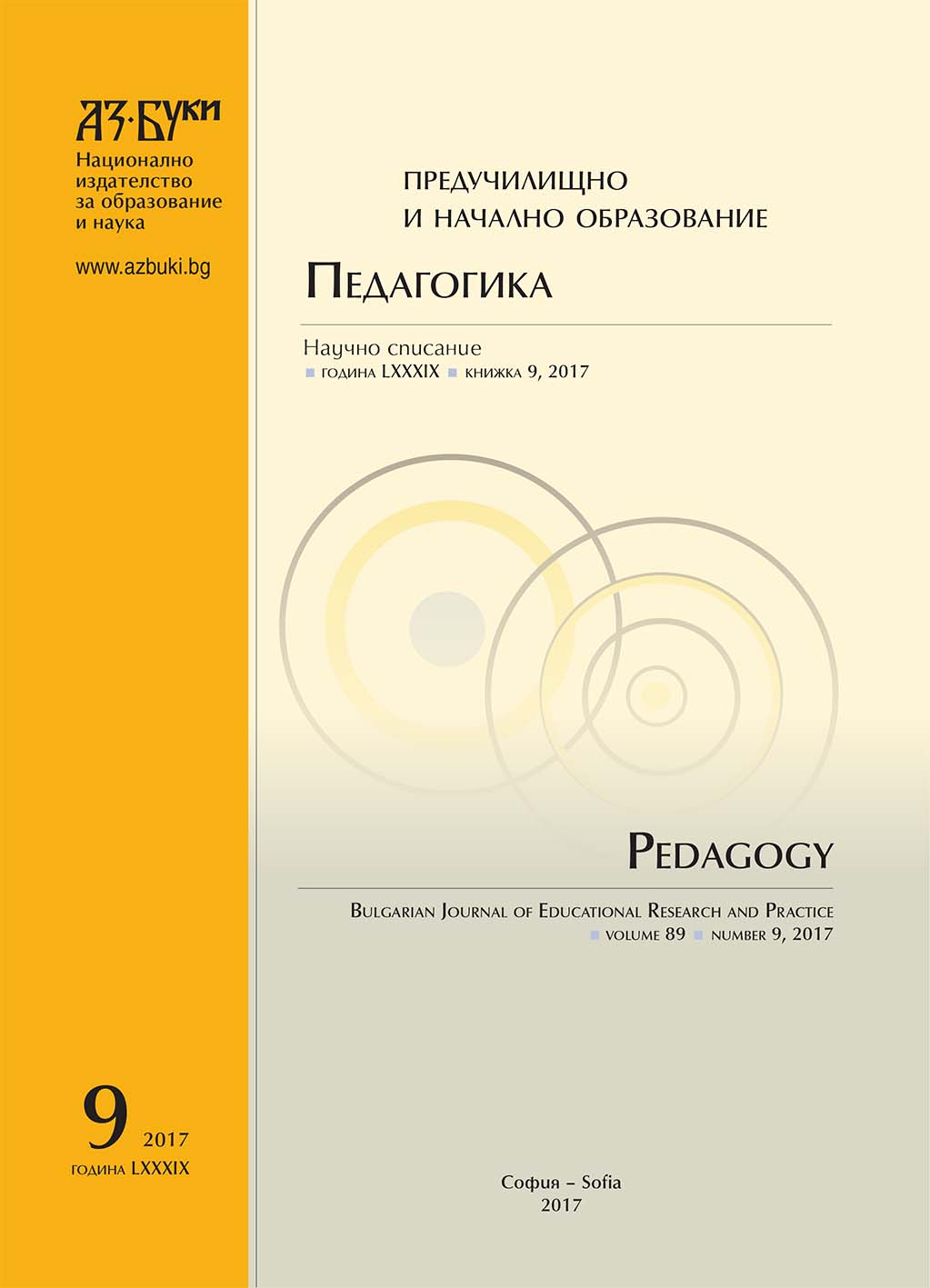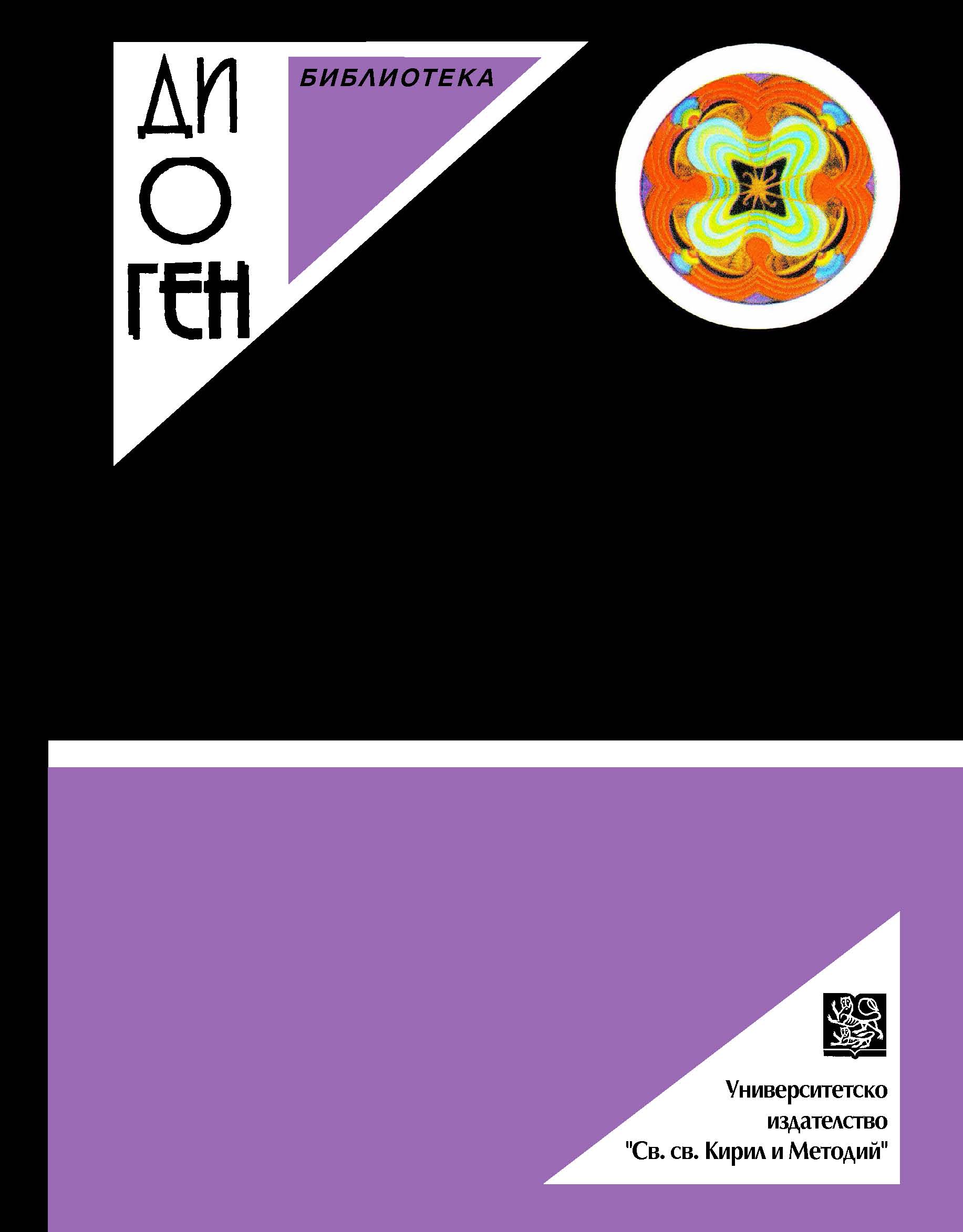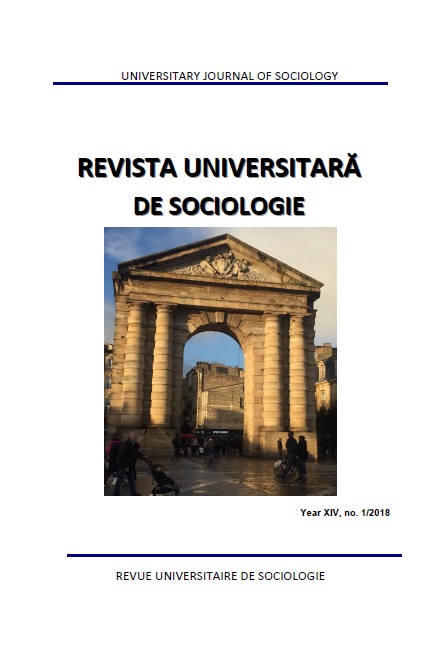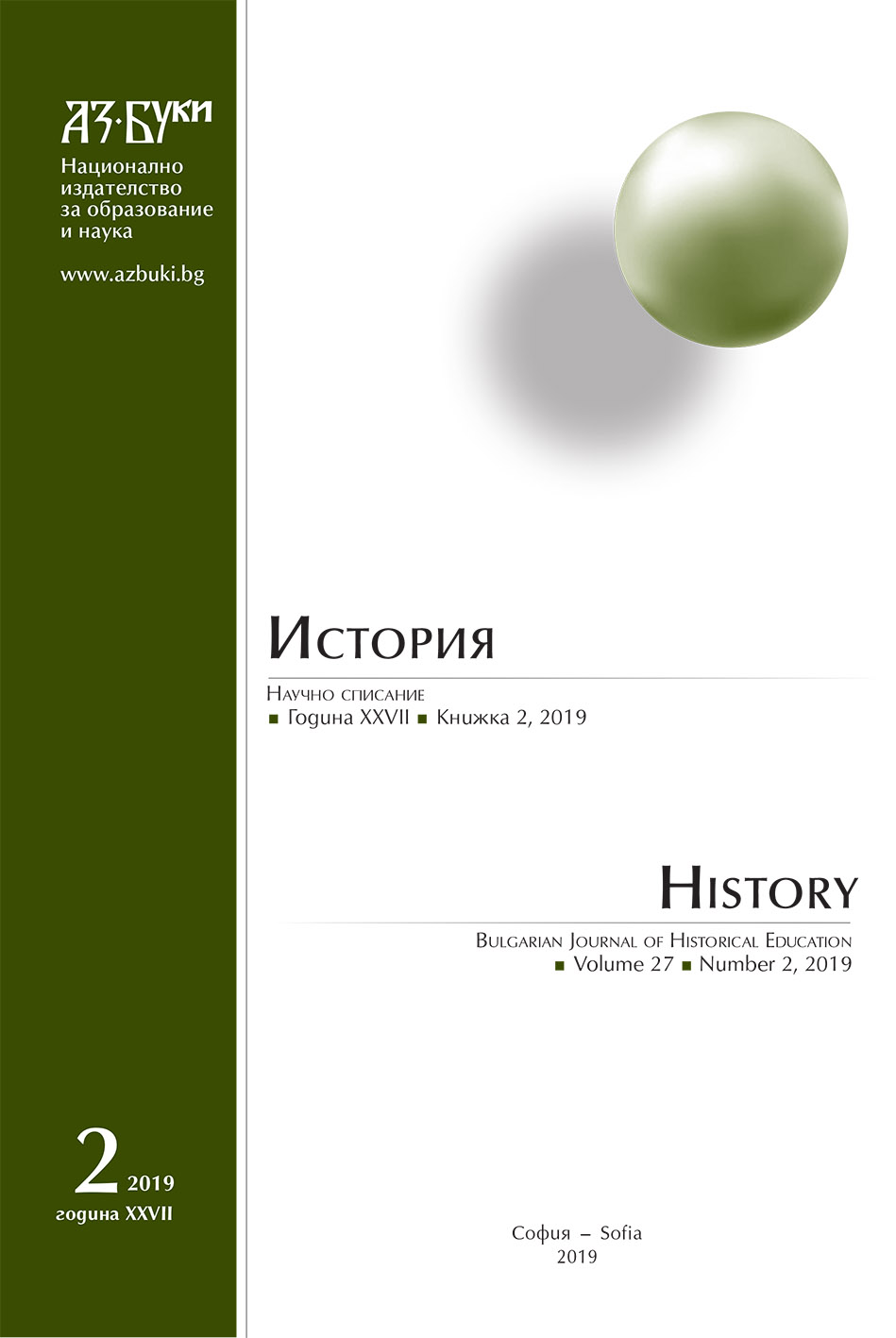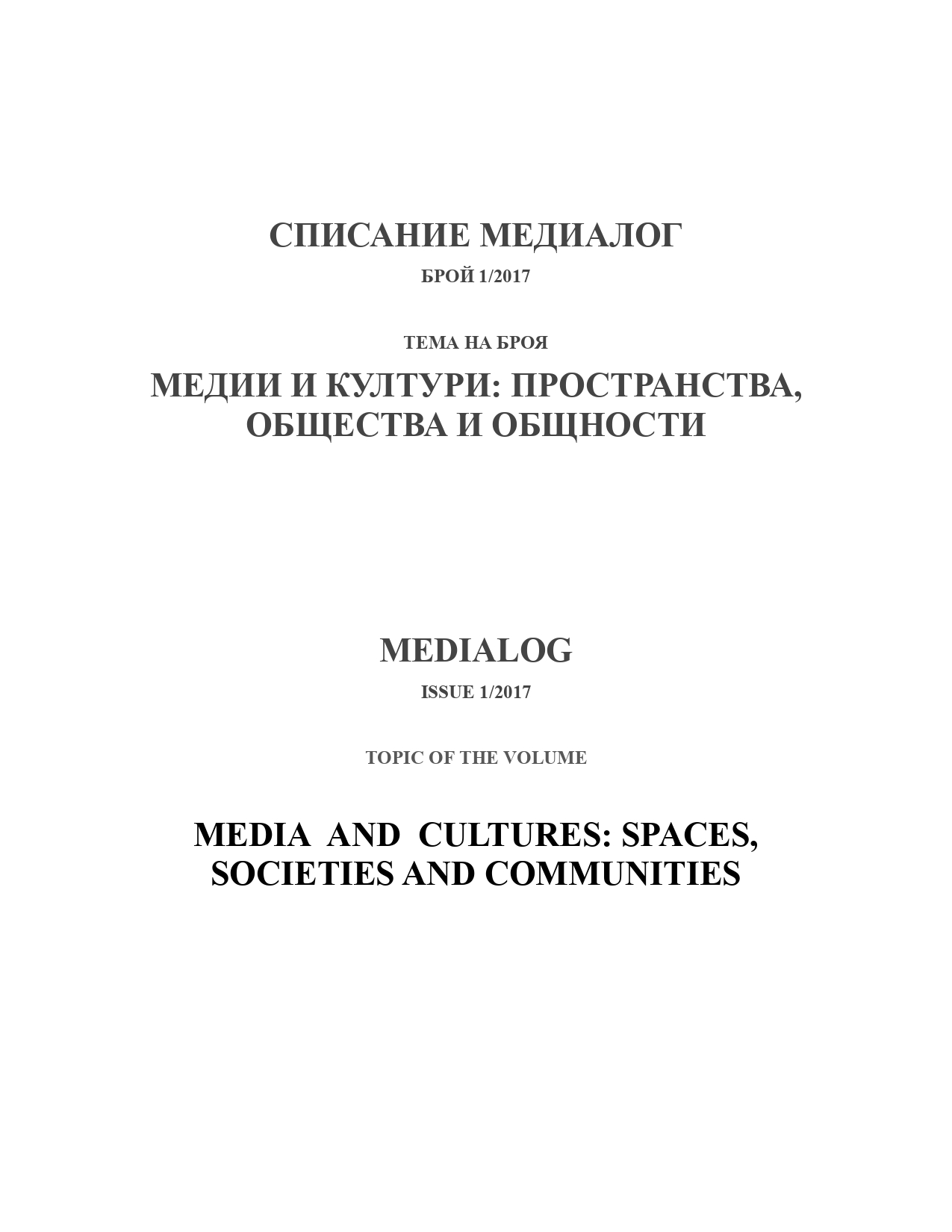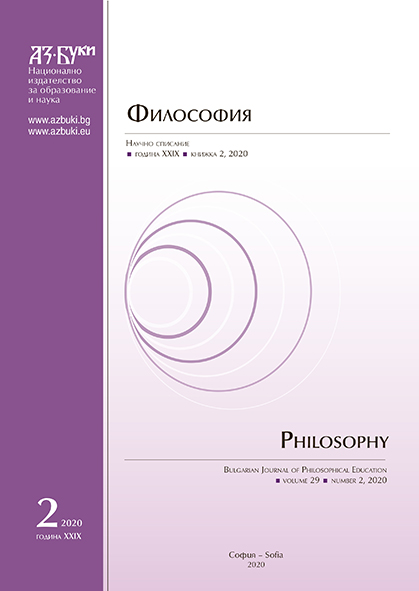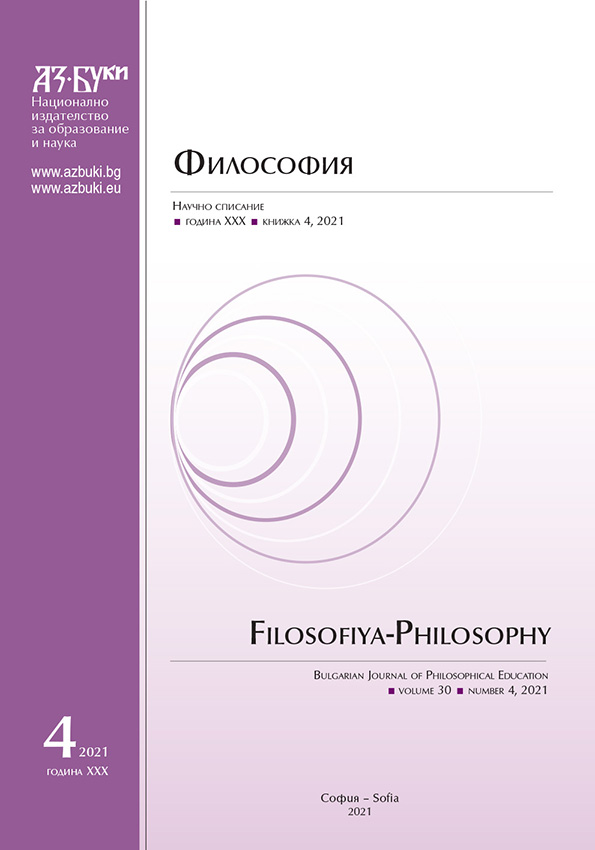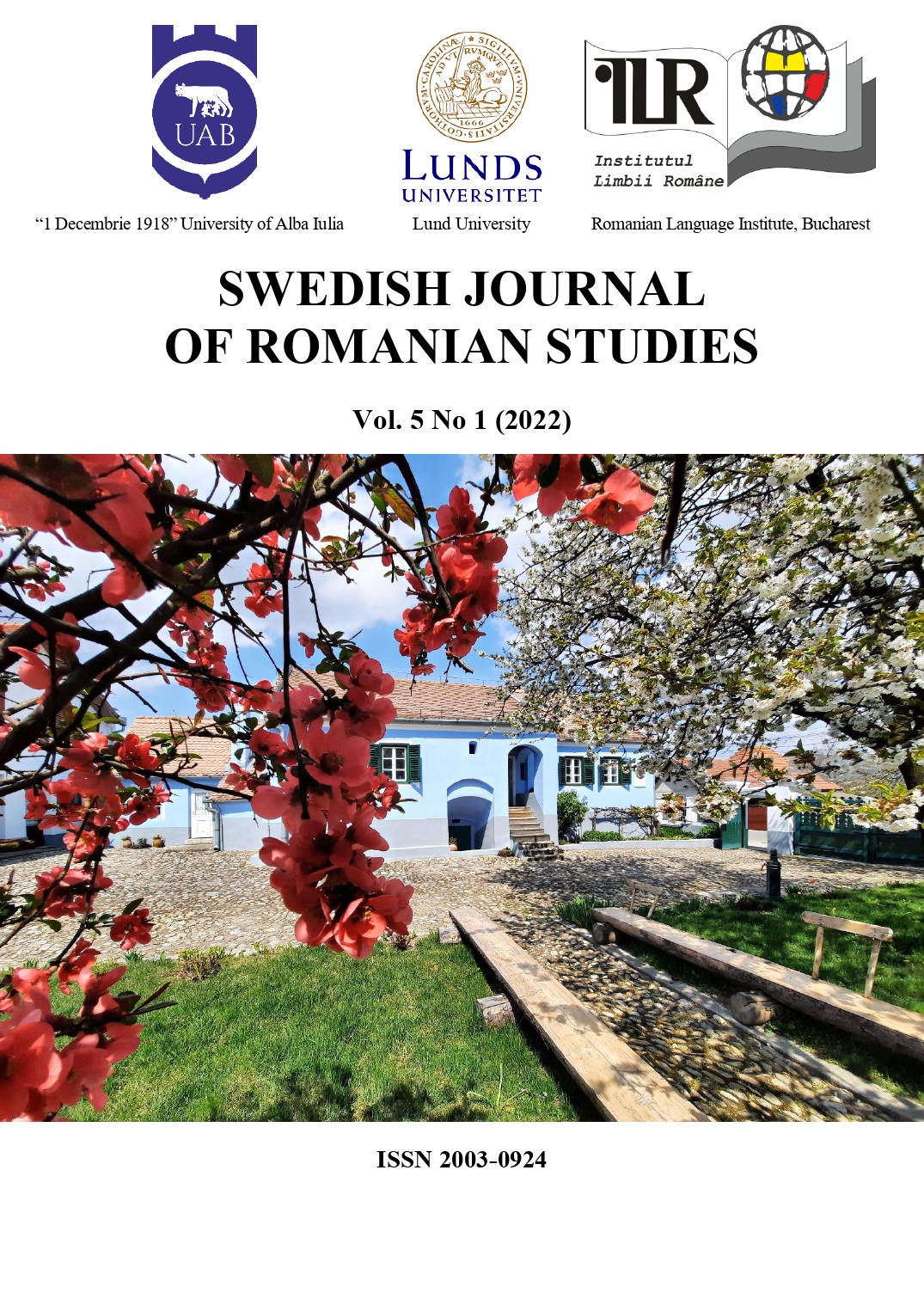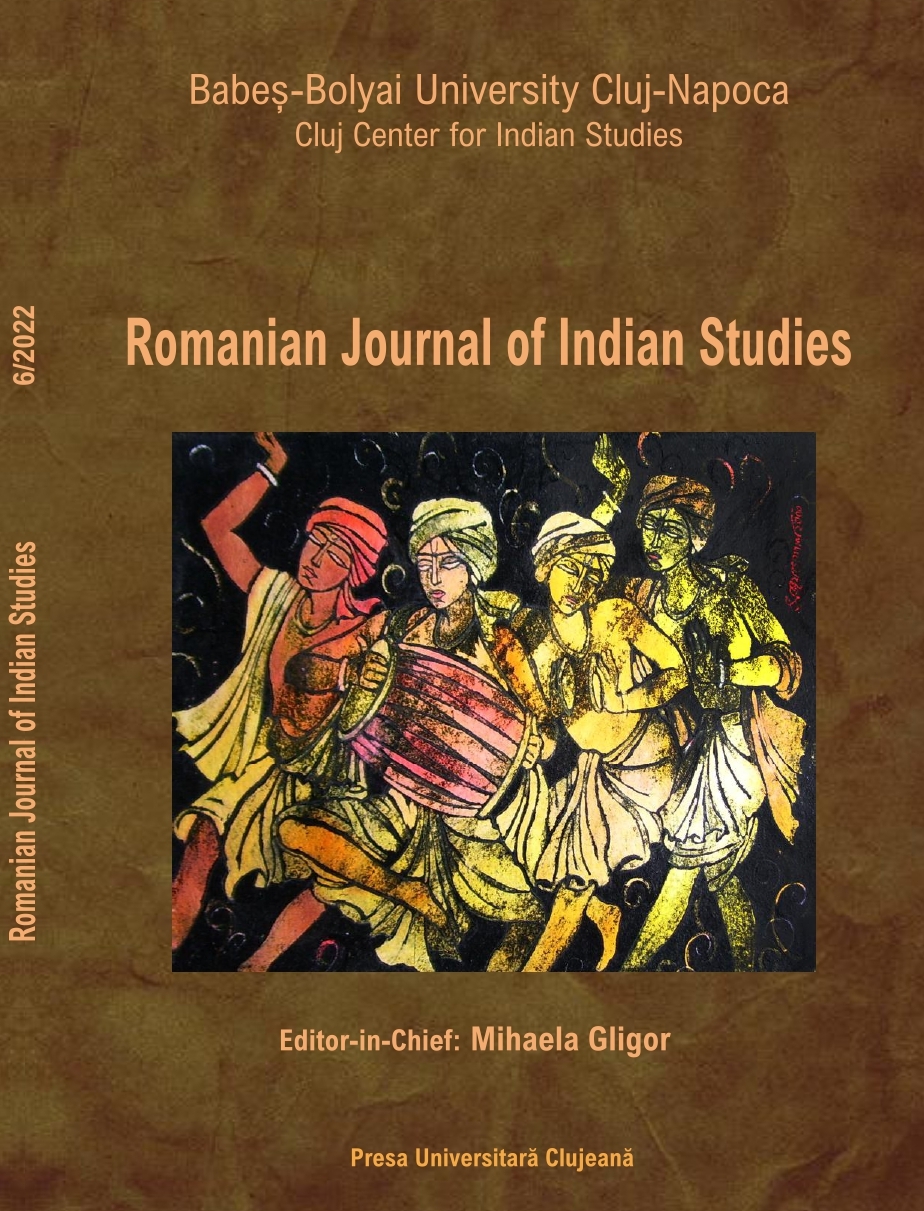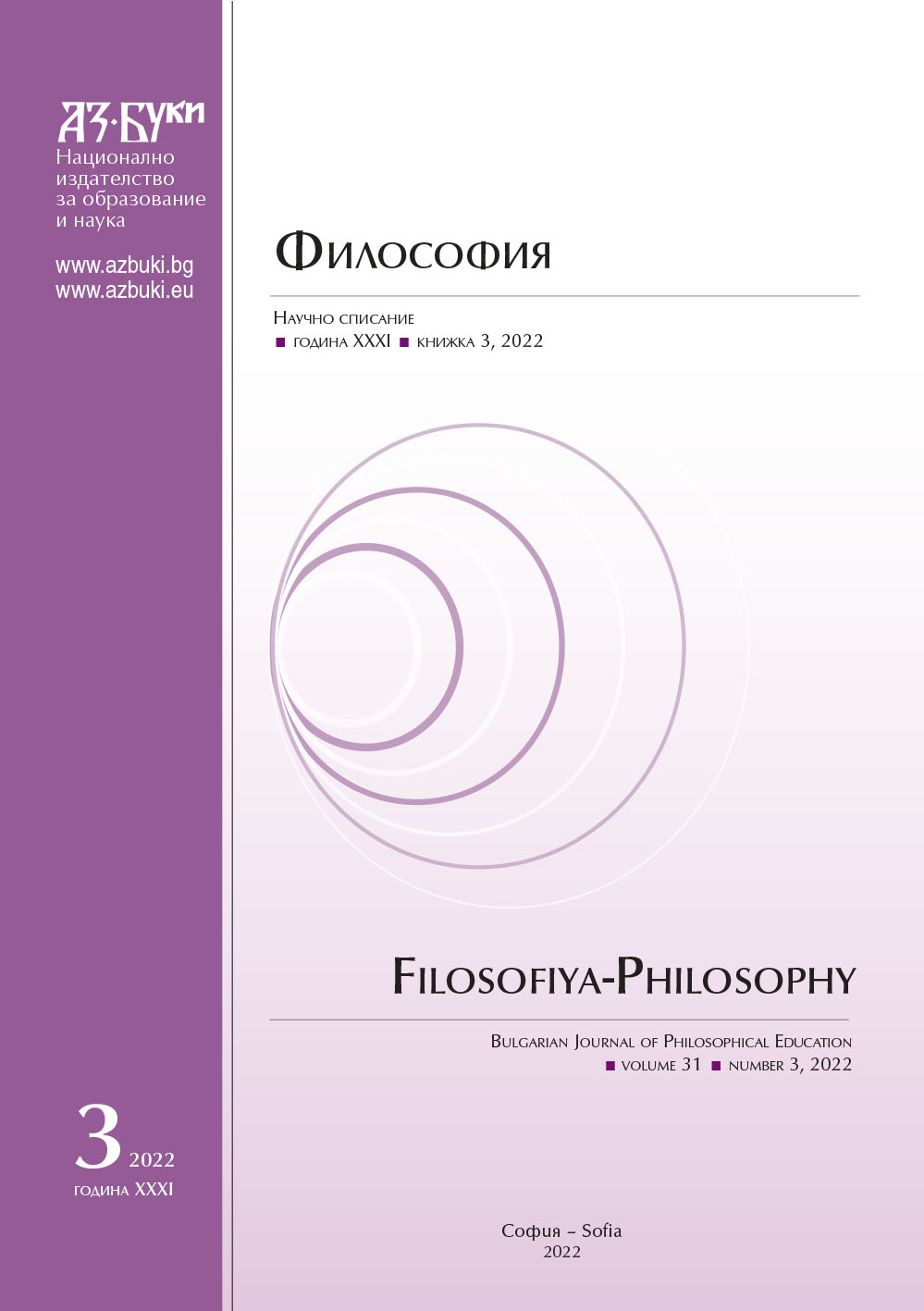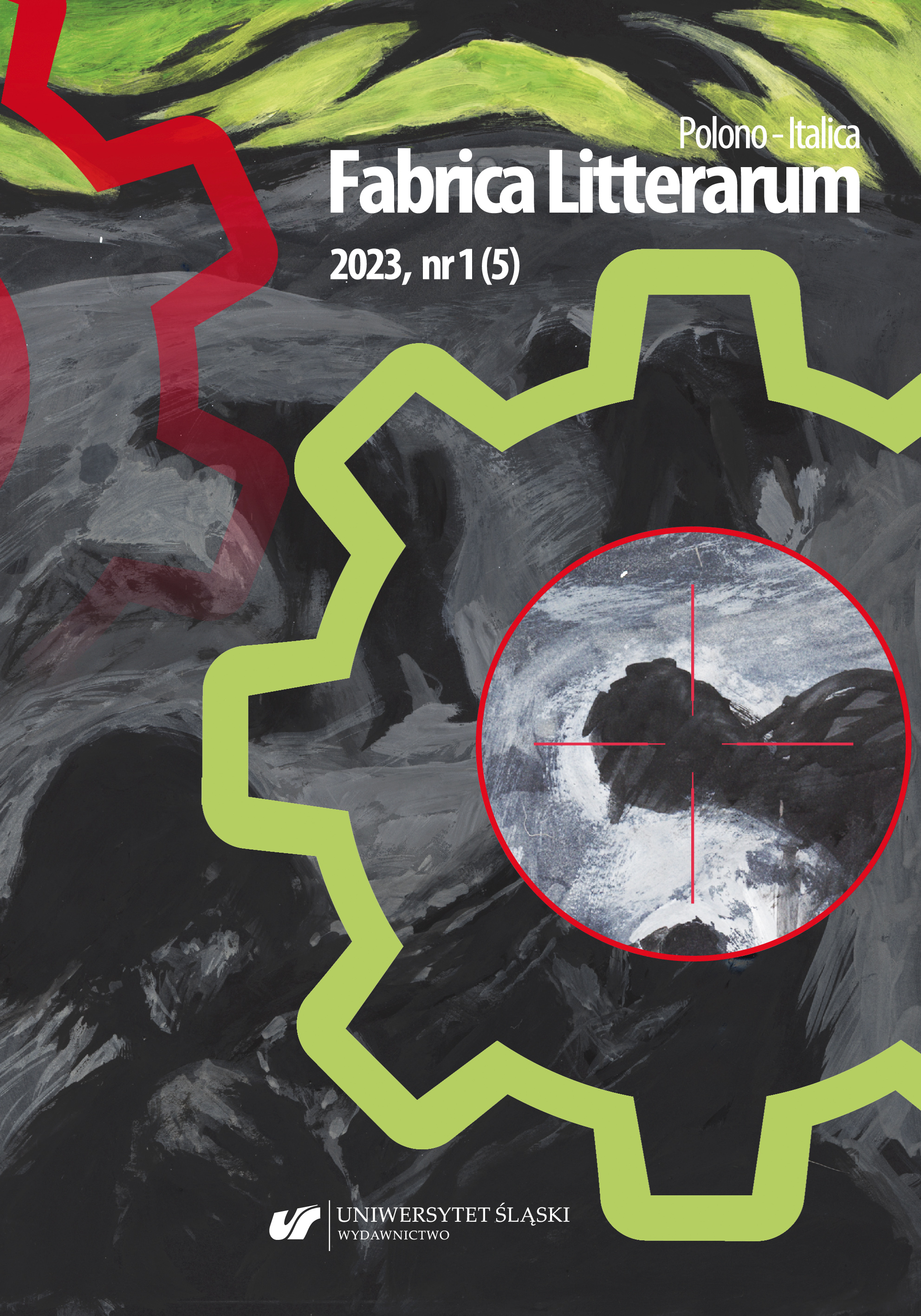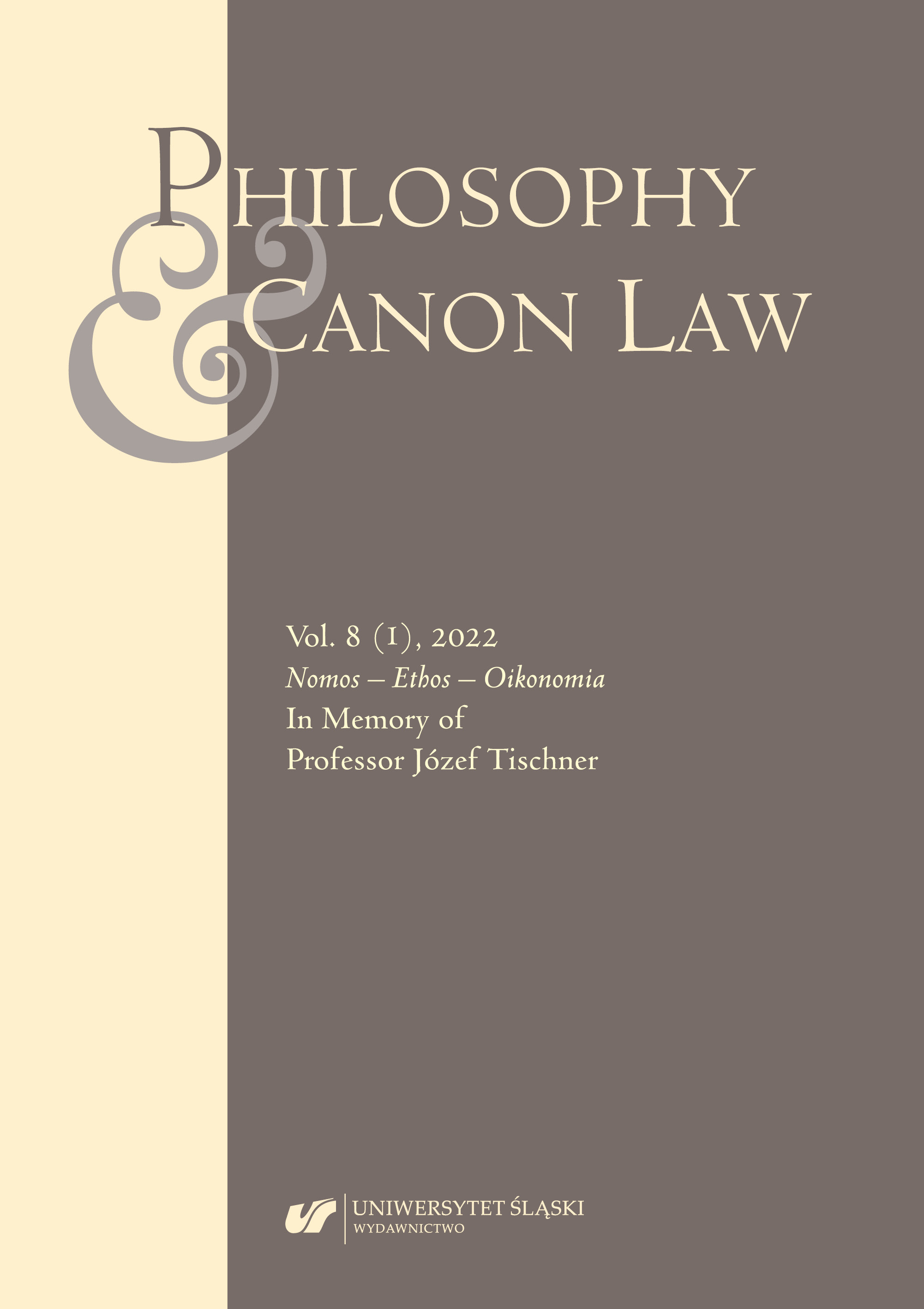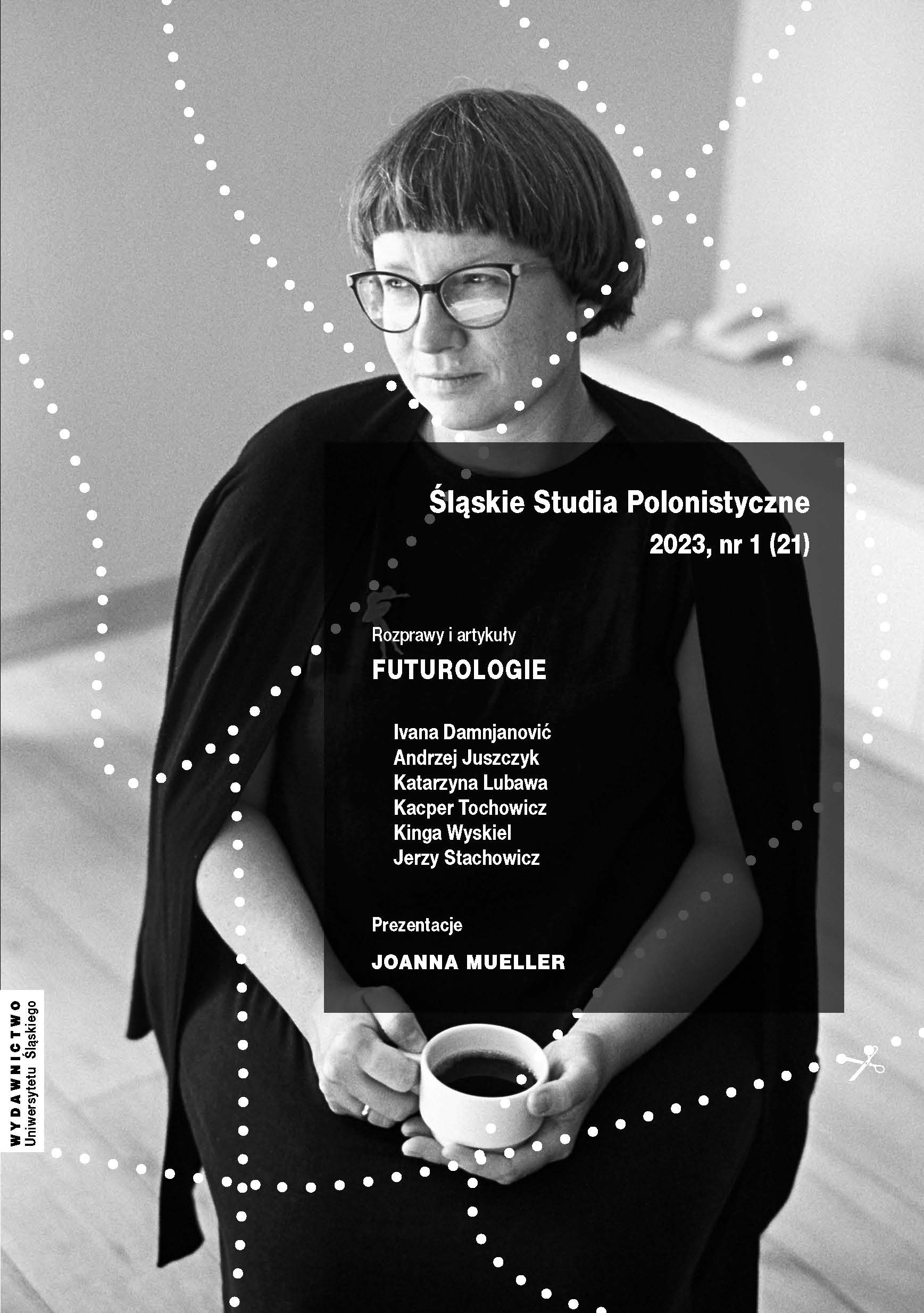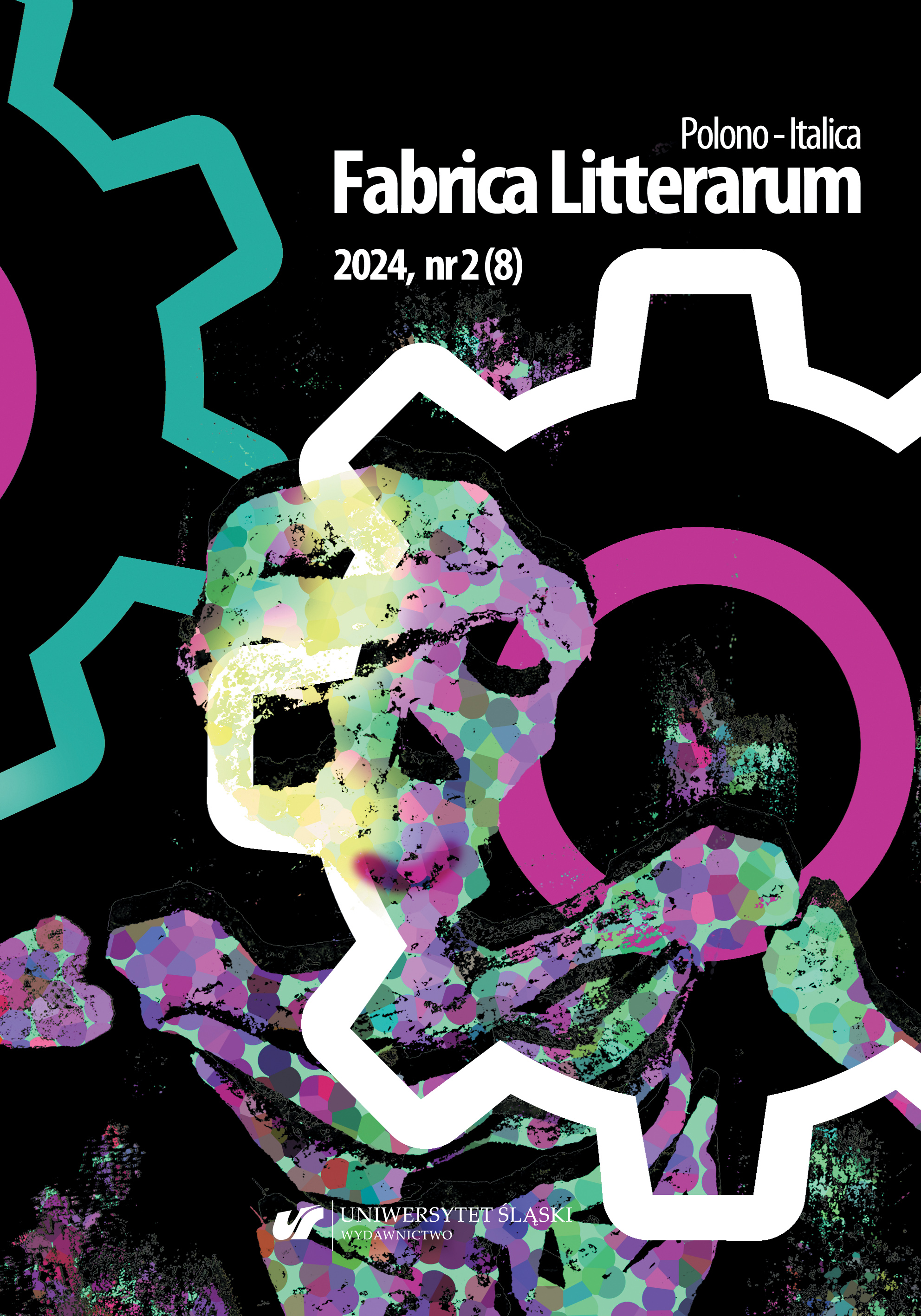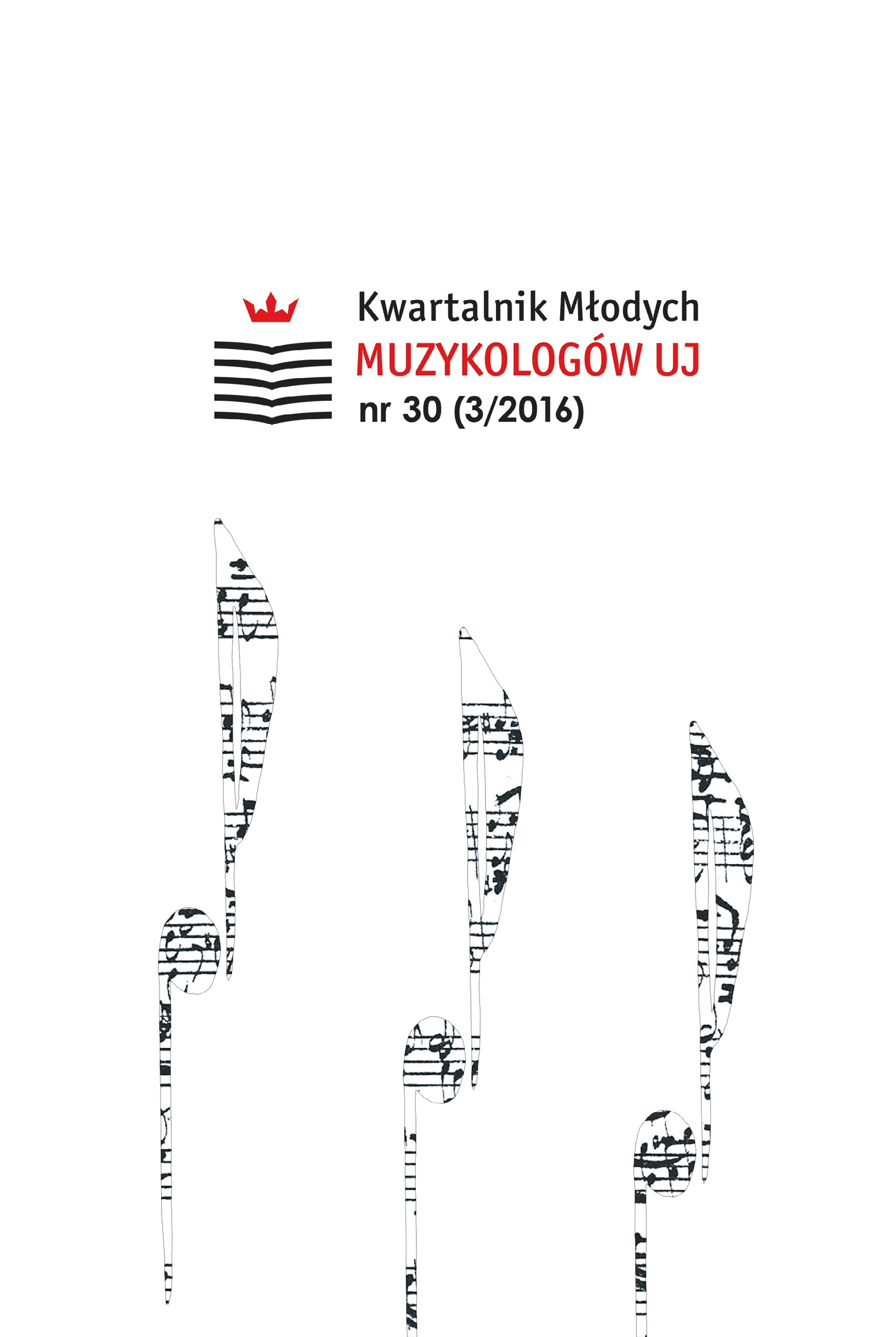
Silence as a symbol of death in the reflection of Gisèle Brelet and Tōru Takemitsu
The link between silence and death has been a recurring theme of human thought and can often be found in reflections on music. Among many attempts to approach this problem, the author of this paper focuses on those done by Gisèle Brelet and Tōru Takemitsu. The “faithful companion” of music which “perpetually is born, dies and is born again” – this is one of the ways in which French musicologist describes silence. “For a human being, there is always the duality of life and death. Music as an art form always has to connect vehemently with both” – notices Japanese composer, who in another statement combines silence with “the dark world of death”. Interestingly, both Brelet and Takemitsu arrive at the conclusion that such connotations may well be the source of the fear of silence that affects some composers or performers. Despite different contexts, some analogies to their thought – like connecting silence with nothingness and loneliness – may be also found in the Canadian composer Raymond Murray Schafer’s writings, presented fragmentarily in the last subsection. The differences in the notion of the problem between the authors are, moreover, discussed in this paper.
More...
